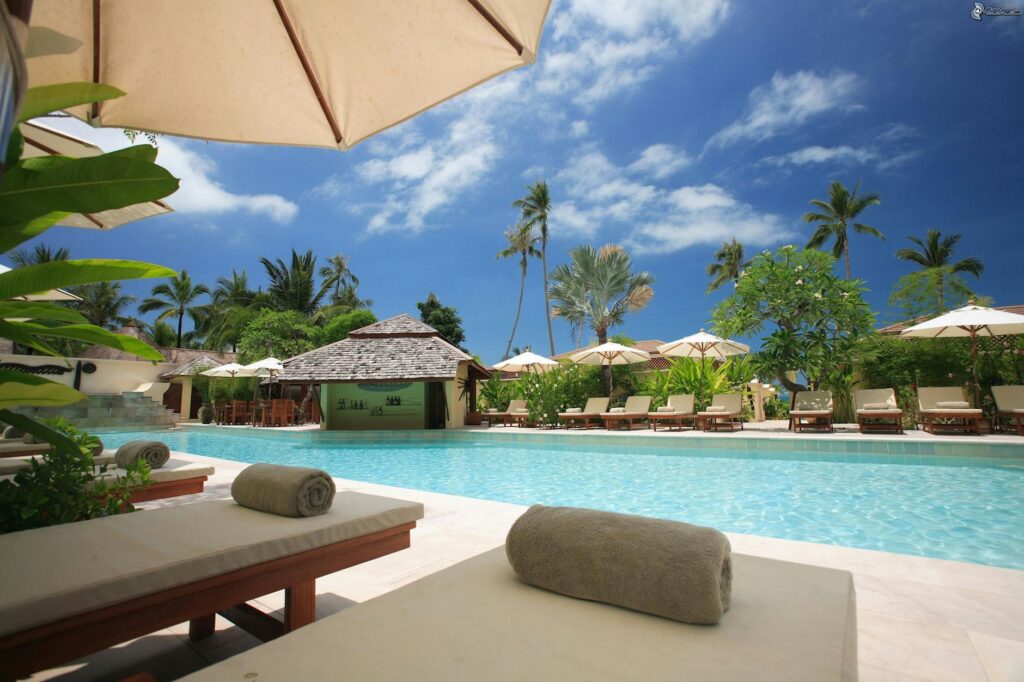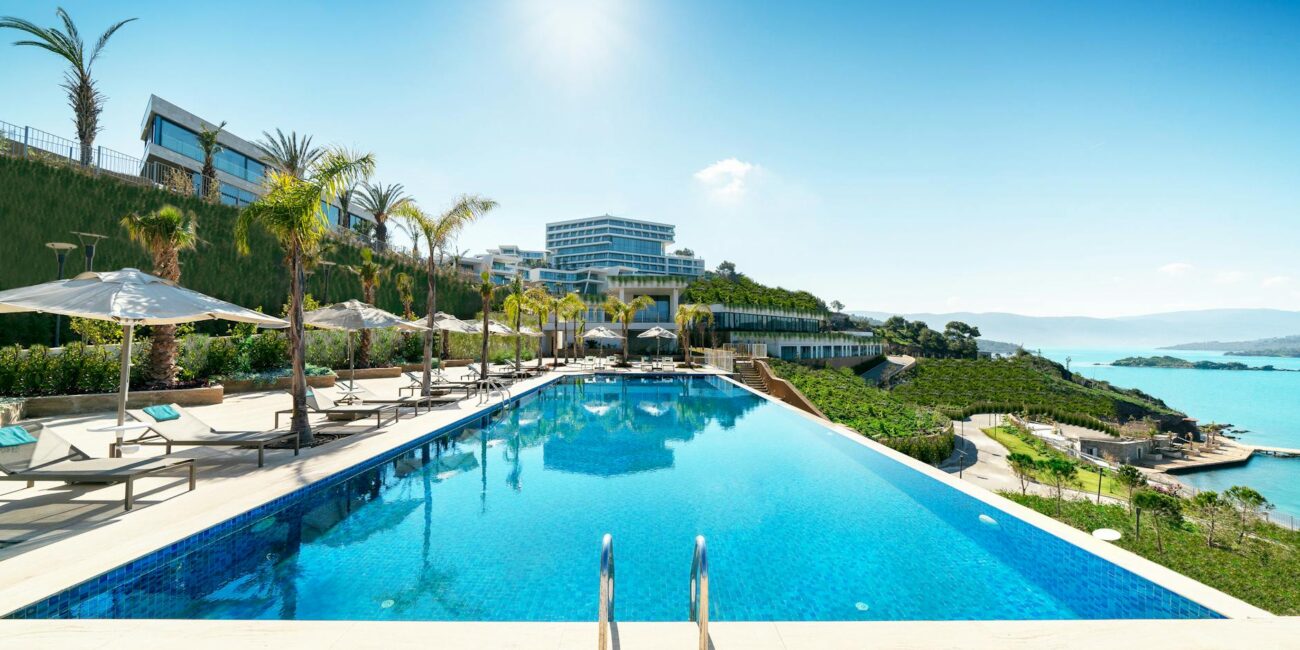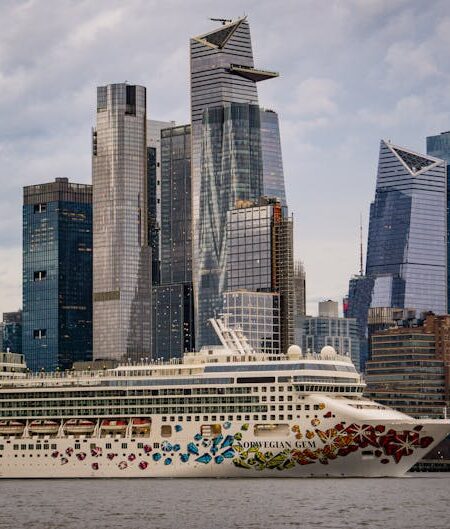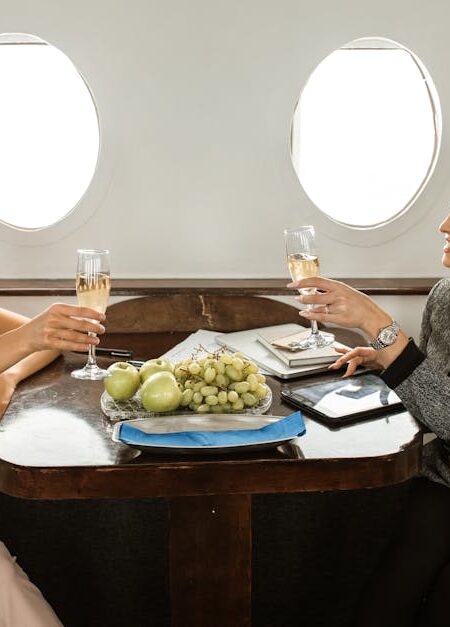The luxury travel sector is experiencing a significant transformation as consumers increasingly prioritize experiential wealth over traditional material possessions. This shift reflects a broader trend in which affluent travelers are seeking deeper connections through their journeys, focusing on unique experiences in travel, wellness, and gastronomy.

Understanding Experiential Wealth
Experiential wealth refers to the value derived from experiences rather than physical goods. For many high-net-worth individuals, this means investing in memorable adventures, wellness retreats, and culinary experiences that offer personal growth and fulfillment. As luxury travel evolves, this concept is becoming central to how affluent travelers make decisions.
Traveling Beyond the Destination
Luxury travelers are increasingly interested in the stories behind their destinations. They seek out immersive experiences that allow them to engage with local cultures, traditions, and communities. This trend has led to a rise in demand for personalized itineraries that cater to individual interests, whether that’s exploring local art scenes, participating in traditional cooking classes, or engaging in conservation efforts.
According to industry experts, this shift is not just about luxury; it’s about creating meaningful connections. Travelers are looking for authenticity and a sense of purpose in their journeys, which has prompted luxury travel companies to adapt their offerings accordingly.
Wellness as a Priority
In the realm of wellness, affluent travelers are increasingly prioritizing their mental and physical health during their trips. Luxury wellness retreats that offer tailored programs focusing on mindfulness, fitness, and nutrition are becoming popular. These retreats often include activities such as yoga, meditation, and spa treatments, allowing guests to recharge and rejuvenate.
The focus on wellness is also reflected in the culinary experiences that luxury travelers seek. There is a growing interest in farm-to-table dining, where guests can enjoy meals prepared with locally sourced ingredients. This not only enhances the dining experience but also supports local economies and sustainable practices.
The Gastronomic Adventure
Food has always played a significant role in travel, but the current trend emphasizes gourmet experiences that go beyond mere dining. Travelers are now looking for culinary adventures that include cooking classes, wine tastings, and food tours that highlight the local cuisine.
Innovative Culinary Experiences
Luxury travel brands are responding to this demand by offering exclusive culinary experiences. For example, some resorts feature renowned chefs who host private dinners or cooking workshops, allowing guests to learn new skills while enjoying exquisite meals. This not only enhances the travel experience but also allows guests to take a piece of their journey home with them.
Connecting Through Culinary Traditions
Moreover, culinary experiences often serve as a bridge to understanding local cultures. By engaging with traditional cooking methods and local ingredients, travelers gain insights into the history and customs of a region. This deepens their appreciation for the destination and fosters a sense of connection with the local community.
The Future of Luxury Travel
As the luxury travel market continues to evolve, the emphasis on experiential wealth is expected to grow. Companies that can provide unique, personalized experiences will likely thrive in this competitive landscape. The focus on wellness and gastronomy will remain central, as travelers seek to enrich their lives through meaningful experiences.
Additionally, the rise of technology and digital platforms is transforming how luxury travel is marketed and experienced. Virtual reality tours, personalized travel apps, and social media influencers are shaping consumer expectations and preferences, making it essential for luxury brands to stay ahead of the curve.
Adapting to Changing Preferences
Luxury travel providers are beginning to recognize the importance of sustainability and ethical practices. Many consumers are now considering the environmental impact of their travel choices, prompting companies to adopt more sustainable practices. This includes eco-friendly accommodations, responsible wildlife tourism, and community-based initiatives that benefit local populations.
The Role of Digital Innovation
Digital innovation is also playing a crucial role in enhancing the luxury travel experience. From personalized recommendations to seamless booking processes, technology is making it easier for travelers to plan and enjoy their journeys. As a result, luxury travel brands are investing in digital tools that enhance customer engagement and satisfaction.
Conclusion
The shift toward experiential wealth in luxury travel, wellness, and gastronomy signifies a broader change in consumer behavior. As affluent travelers seek deeper connections and meaningful experiences, the industry must adapt to meet these evolving preferences. By focusing on authenticity, wellness, and culinary adventures, luxury travel brands can create unforgettable journeys that resonate with today’s discerning travelers.












